
Remembering the Half Shekel
When it comes to the holiness in every Jew, we are all equal. Fulfilling the mitzvah of remembering the machatzit hashekel offering assures protection and atonement to each individual and to the Jewish nation as a whole.

When the Beit Hamikdash (Temple) existed, there was an obligation, a mitzvah, to give half a shekel – machatzit hashekel annually. The money thus collected would be used to purchase the people’s sacrifices, those sacrifices that were intended to atone for the entire nation. And since these sacrifices were intended to atone for the entire nation, the holy Torah determined that each and every Jew, be he rich or poor, should donate this half shekel, and thus achieve this atonement. This is the source of the Sages’ conviction that fulfilling the mitzvah of remembrance of this machatzit hashekel assures protection and atonement.
My Store of Mitzvot
Imagine a set of old-fashioned balance scales, like the ones used in the markets in the past: the fruits or vegetables were placed in a bowl on one side, and the metal weights in a bowl on the other. These scales determined the payment for the produce.
I know – and so do you – that the essence of a Jew is the observance of mitzvot. This is not a cliché, and not a 21st century invention. The mitzvot are our essence, our ultimate essence. From time immemorial, our holy forefathers would run to fulfill mitzvot even when they were at advanced ages and in a poor state of health.
Hashem tested them with many complex and challenging trials, and even so, they made the effort and were the first to perform the mitzvot with joy. Their reward – in this world and in the next – was huge, immense, infinite.
I too want to collect mitzvot, and I assume you do, too. All we want to do is to fill our storage bin with an infinite number of mitzvot, acts of chessed and good deeds, and tilt the scales towards merit and mercy.
The month of Adar contains a wide range of types of joy and light: “When Adar enters, one increases joy.” It is known that when a person “grabs” mitzvot, his personal mood fills with joy and good energies; spiritually, as well, he is judged favorably in Heaven and is given more and more opportunities to improve and advance.
By the way, have you ever asked yourself why it is called “to grab”? Grabbing is something of an instinctive act, and if we don’t do it in time, we find the train has already pulled away from the station and we have missed it.
Remembrance of What?
When the Beit Hamikdash existed, there was an obligation, a mitzvah, to give half a shekel – machatzit hashekel. The money thus collected would be used to purchase the people’s sacrifices, those sacrifices that were intended to atone for the entire nation. And since these sacrifices were intended to atone for the entire nation, the holy Torah determined that each and every Jew, be he rich or poor, should donate this half shekel, and thus achieve this atonement (Shemot 30:11-12). This is the source for the belief of the Sages that fulfilling the mitzvah of remembrance of this machatzit hashekel assures protection and atonement.
Haman Weighs Shekels
On Rosh Chodesh Adar they would begin to announce to the people that everyone should prepare his machatzit hashekel. Therefore, the Sages decreed that on the Shabbat right before Rosh Chodesh Adar, the section about those shekels will be read from the Torah.
In masechet Sofrim, the reason for starting from Rosh Chodesh Adar, even though the half-shekel is supposed to arrive by Rosh Chodesh Nissan, is brought: “The Holy One, Blessed be He, knew that the wicked Haman was going to weigh shekels for Achashverosh in order to destroy the Jewish people, chas veshalom, and therefore Hashem anticipated him and commanded us to give half a shekel, and atone for our souls.”
The shekels were supposed to reach the Beit Hamikdash by Rosh Chodesh Nissan. On Rosh Chodesh Nissan the sacrifices would be purchased from the new donations, and all of the Jews had to have a part in those sacrifices, for they came to atone for all Jews.
Atonement for the Sin of the Golden Calf
The machatzit hashekel was instituted to atone for the sin of the Golden Calf. Moshe found it hard to understand how such a small coin could be an atonement for those who bowed down to the Calf. So, Hashem took out from under the Celestial Throne a coin made of fire, showed it to Moshe and said to him, ‘They should give like this” (Tanchuma, parashat Ki Tisa).
A person who uproots himself from sinning and repents from the depths of his heart, is atoned for by the coin he gives. If the person gives this coin while fired up with enthusiasm, it is as if it were coming from under the Celestial Throne, as the sages said: “Teshuva is great, as it reaches the Celestial Throne.” It comes out, then, that a person receives more than he gives! He atones for himself!! There is a personal way to atone for ourselves!
What About Today?
Nowadays there is no Beit Mikdash and no sacrifices (May it be rebuilt speedily, in our days, with the Mashiach – today!).
Instead, there is the mitzvah of “zecher le’machatzit hashekel” (“In remembrance of the half-shekel”). It is customary to give it during the month of Adar, and those quick to do mitzvahs do it as soon as possible. Each and every one of us is obligated in it, including children and babies – at any age. Even a pregnant woman gives it for her fetus. Each and every Jew and Jewess, with no exceptions.
It is customary to give the zecher le’machatzit hashekel to charitable institutions. The Chut shel Chessed institutions, headed by Rabbi Shalom Arush, include a yeshiva, a kollel for avreichim, schools for young children. In addition, the organization devotes itself to disseminating Judaism and love of one’s fellow Jew. The Breslev Israel website, operated by the organization, is one the largest Jewish content websites in the world, and it lights up the way for millions of readers in the world, in six different languages. The organization also supports the needy, providing them with food baskets and money.
Have the privilege of being our partners, and donate the money of zecher le’machatzit hashekel to Rabbi Arush’s Torah and chessed institutions – to donate now, click here.
“The wealthy will not give more and the poor will not give less than one-half of a shekel” (Shemot 30:15)
The mitzvah is incumbent upon each and every one of the Jewish people, be he or she wealthy or poor, and everyone should bring the same donation, about which it says in the Torah, “The wealthy will not give more and the poor will not give less.” The point is that the rich person should not lord it over the poor, and this way the poor man will have a good feeling, a feeling of equality in matters of holiness, where everyone is equal and everyone gives the same donation, thus contributing to unity, love, cooperation and equality among Jews.
Rabbi Shalom Arush teaches us a primary lesson, and really, he who chooses to ignore it, to overlook it, to continue in a “business as usual” mode, and not to implement it, is missing out on the deal of his life both in this world and in the next.
Whoever donates to the Torah and chessed institutions of Chut shel Chessed is thus partnering with Rabbi Arush in this world and the next. So, it is clear that when you join us and donate to the Chut shel Chessed yeshiva, you become partners – and make the deal of your life!
And I add my advice, which is: Do more than that. Take the initiative and turn to the rest of your family, to your friends, neighbors, and coworkers, offering them the opportunity to donate the Zecher le’Machatzit Hashekel to the Torah organization of Rabbi Arush, and they too will become partners.
To donate your Zecher le’Machatzit Hashekel to the Chut shel Chessed institutions, headed by Rabbi Shalom Arush, click here.
“This they shall give, everyone who passes through the census – a half shekel of the sacred shekel, the shekel is twenty geras, half a shekel as a portion to Hashem” (Shemot 30:13).


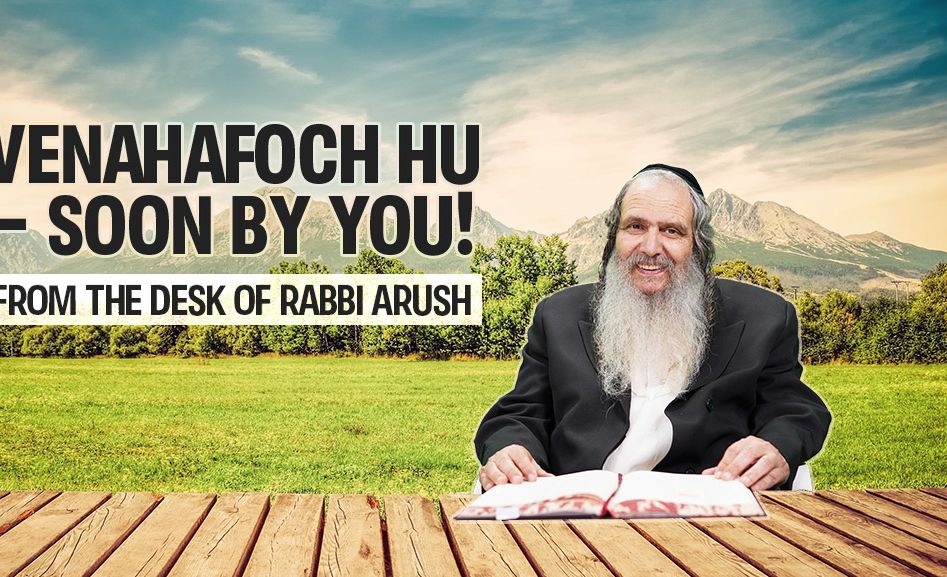
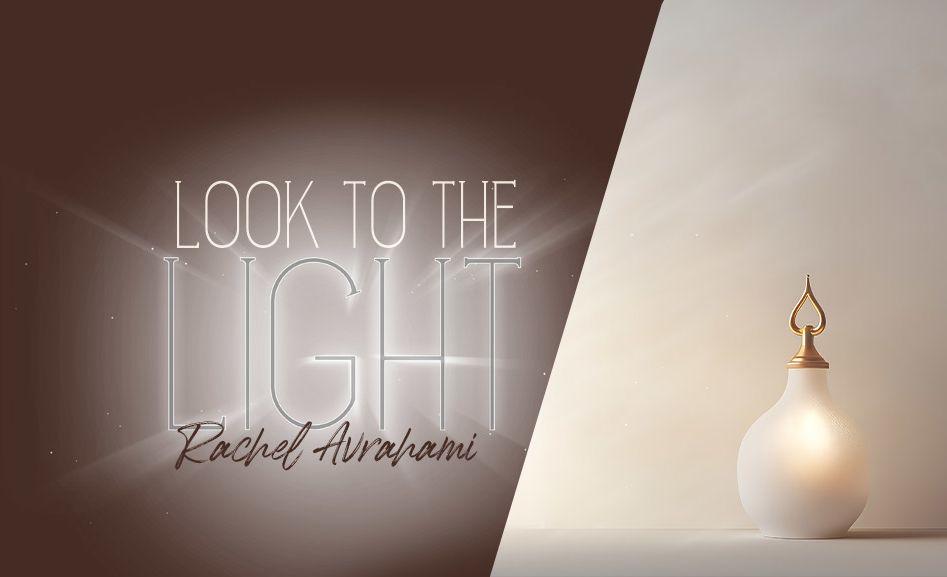
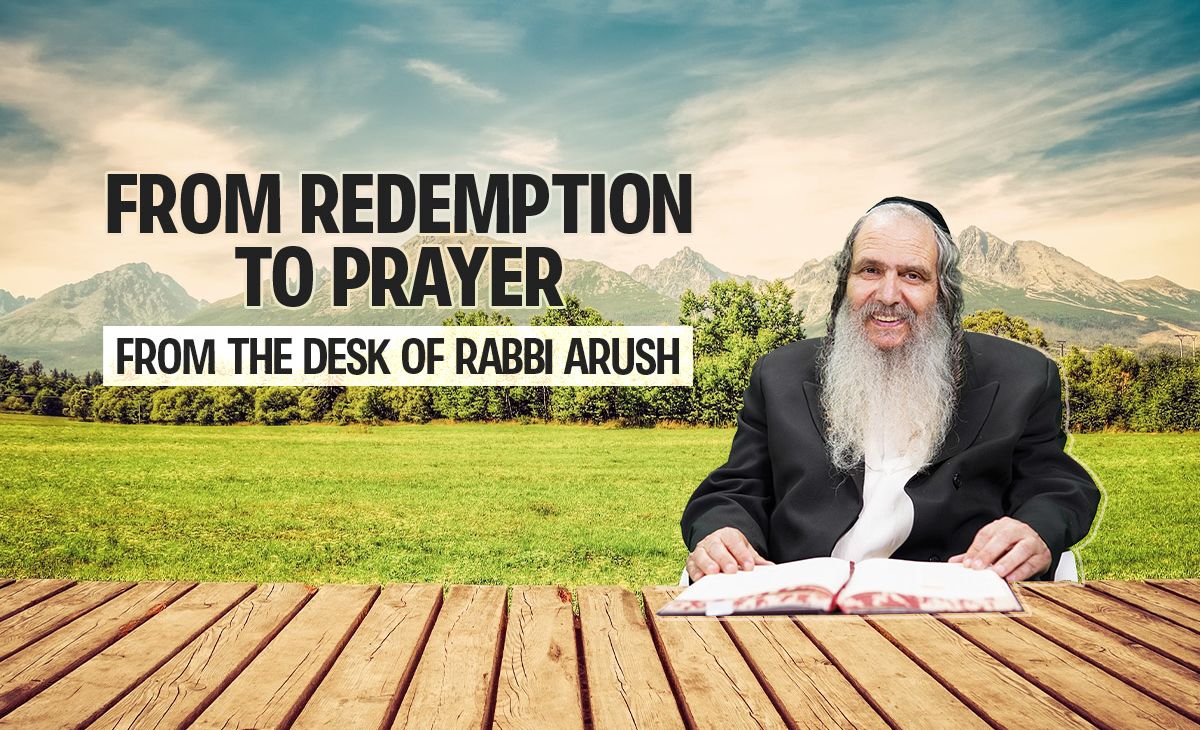
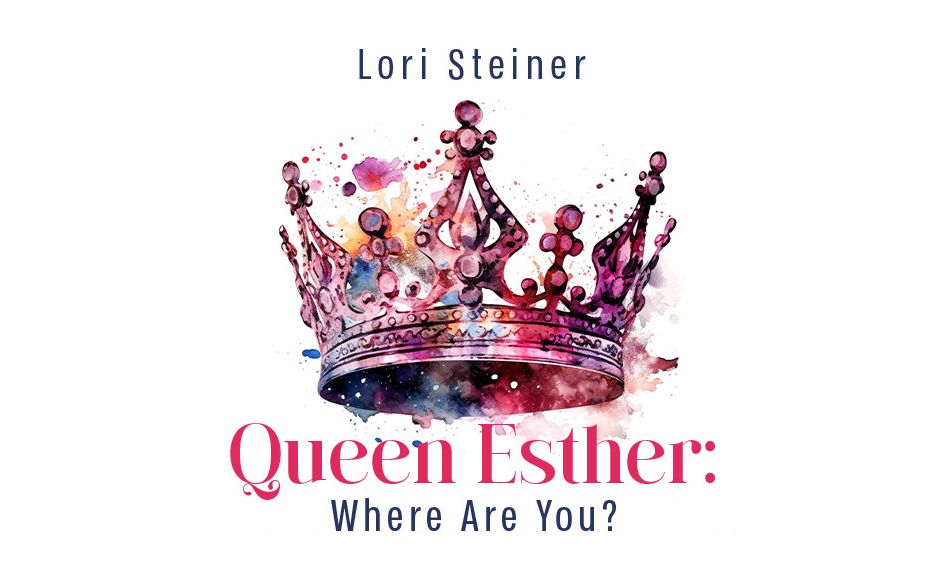

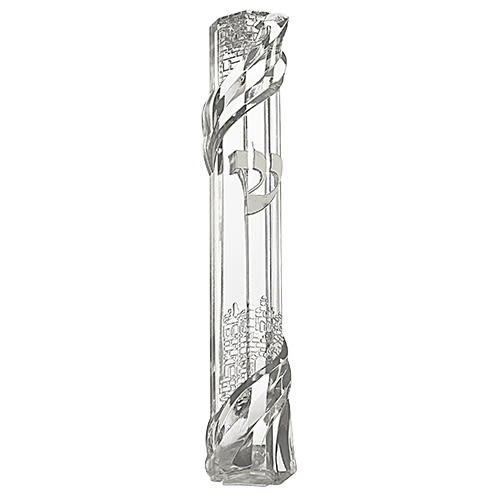

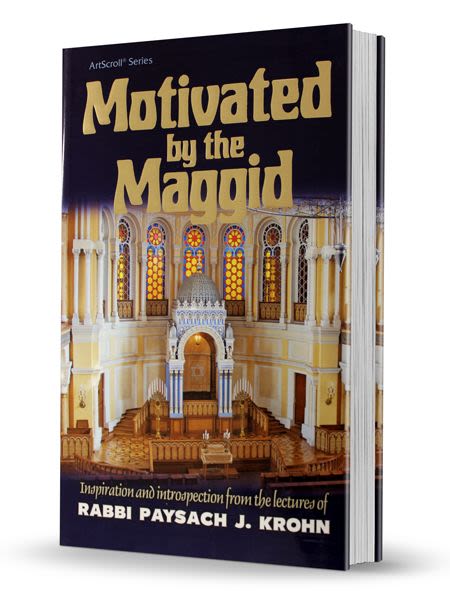

Tell us what you think!
Thank you for your comment!
It will be published after approval by the Editor.